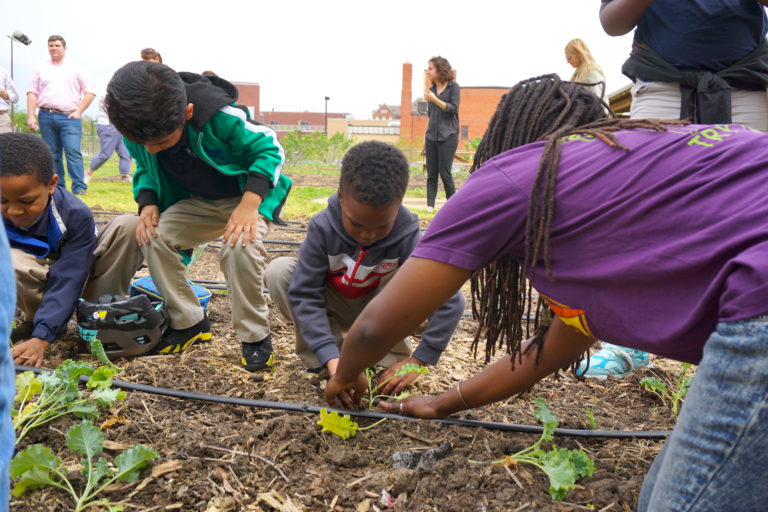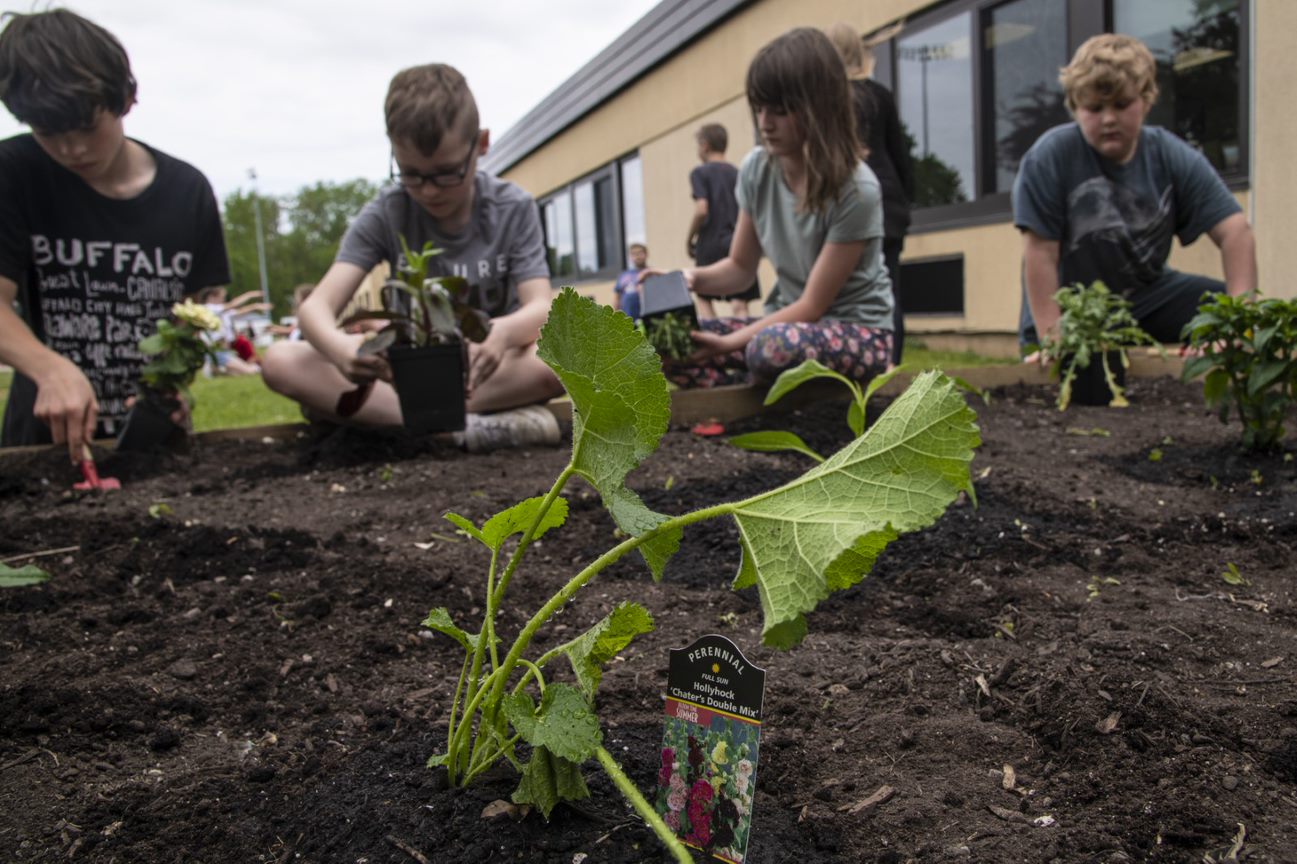Secretary Tom Vilsack of the USDA announced a significant milestone, awarding $14.3 million in Patrick Leahy Farm to School Grants to 154 projects across 43 states, including the District of Columbia, Guam, and Puerto Rico.
These grants aim to enhance nutrition for 1.9 million school children by introducing locally grown, nutritious foods into their meals. This initiative not only supports children’s health but also boosts local economies by aiding farmers and producers.
Vilsack emphasized the broader benefits of the Farm to School program, calling it a win for children, schools, farmers, and communities alike. By incorporating fresh, locally sourced foods, schools can provide healthier meal options that children enjoy, thereby promoting both food and nutrition security.
This effort aligns with the Biden-Harris Administration’s National Strategy on Hunger, Nutrition, and Health, aiming to improve food access and nutritional quality nationwide by 2030.

The Patrick Leahy Farm to School Grant Program specifically targets child nutrition programs under USDA’s National School Lunch Program and similar initiatives. It encourages hands-on learning experiences for children, such as gardening, which educates them about nutrition and agriculture while fostering healthy eating habits.
Notably, a significant portion of this year’s grants—54%—benefits students eligible for free or reduced-price meals, highlighting the program’s commitment to equity.
Inclusivity is a core principle, with 35% of awarded projects serving rural areas and 40% led by members of communities of color, including projects serving American Indian or Alaska Native communities. Moreover, agricultural producers are also eligible for these grants, further integrating local farming into school meal programs across the country.
Since its inception in 2013, the Patrick Leahy Farm to School Program has awarded over $98 million to fund more than 1,200 projects, reaching 28 million students nationwide. USDA’s commitment extends beyond grant funding; recent regulatory updates now enable schools to prioritize locally sourced agricultural products, facilitating easier access to nutritious, locally grown foods.
Administrator Cindy Long of the USDA’s Food and Nutrition Service underscored the importance of early exposure to healthy eating habits, emphasizing that such habits set children on a path toward better health outcomes and lifelong wellness.
To engage communities further, USDA encourages participation in Farm to School activities, providing resources through its website and supporting school nutrition professionals in delivering nutritious meals.
USDA’s initiatives under the Biden-Harris Administration reflect a broader effort to transform America’s food system, promoting resilience, fairness, and sustainability. This includes historic investments in rural infrastructure and clean energy, fostering equitable access to safe, healthy food while supporting farmers and producers through climate-smart practices.
